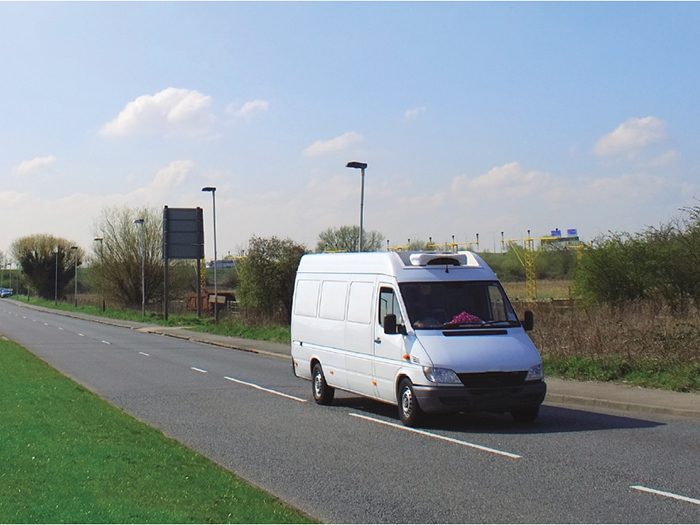Licensed Cannabis Transporters in Illinois File Lawsuit Against State Department of Agriculture for Failing to Regulate Cannabis Transportation
In a legal battle that could have significant implications for the cannabis industry in Illinois, a coalition of 13 licensed cannabis transporters has filed a lawsuit against the state Department of Agriculture, accusing regulators of allowing illegal cannabis delivery operations to thrive unchecked. The lawsuit, which was filed on Tuesday in Sangamon County Circuit Court, names the state Department of Agriculture and Secretary Jerry Costello as the primary defendants, alleging that the agency has been “failing to enforce” the very state law that authorized licensed cannabis transportation businesses.
According to Illinois law, cannabis is required to be transported in vehicles equipped with cameras, GPS systems, and no rear windows or markings. However, the lawsuit claims that illegal deliveries are occurring by unlicensed individuals using noncompliant vehicles, with little to no consequences. Licensed cannabis transporters argue that the state’s failure to regulate the movement of cannabis puts their businesses at risk and undermines the expensive and stringent regulations they are required to adhere to.
Transporters, who invested significant resources to comply with the state guidelines, expressed their frustrations and concerns. Norberto Brown, owner of Reliavan Transport and Logistics, lamented that despite outfitting his truck with the necessary safety features, such as cameras and refrigeration systems, he has been unable to make a single legal delivery. Brown, one of the first to obtain a cannabis transporter license, emphasized that without proper regulation and enforcement, there is little incentive for growers and dispensaries to hire licensed transporters.
Transporter Berwyn Thompkins of ACC Transportation shared his shock upon discovering evidence, including pictures, that allegedly prove violations of cannabis transportation laws without any consequences. One photograph depicts a minivan purportedly delivering cannabis, while another shows an alleged drop-off made by a company operating without a license, using a vehicle with rear windows. Thompkins expressed concern that compliance efforts by licensed transporters are being undermined, suggesting that the issue may stem from a lack of resources.
Attorney Ryan Holz, representing the 13 licensed transporters, attributed the problem to a potential resource issue and filed the lawsuit against the state Department of Agriculture. Holz highlighted the impact of noncompliant market practices on licensed transporters, leaving them at a disadvantage. The lawsuit contends that the state has failed to enforce its own rules regarding cannabis transportation, leading to unfair competition and financial strain on compliant transporters.
Licensed transporters, already facing financial challenges, expressed their skepticism about the prospects of change. Norberto Brown, when asked if he is optimistic about the situation improving, responded negatively, stating, “No, I’m not optimistic at all.”
When approached for comment, the Department of Agriculture declined to provide any information, citing pending litigation as the reason for their silence.
The outcome of this lawsuit could have far-reaching implications for the cannabis industry in Illinois, as it seeks to address the alleged lack of enforcement and regulation surrounding cannabis transportation. The case will now proceed through the legal system, where the state Department of Agriculture will have an opportunity to respond to the claims made by the licensed transporters. The final resolution of the lawsuit will likely shape the future landscape of cannabis transportation regulations in the state.




































